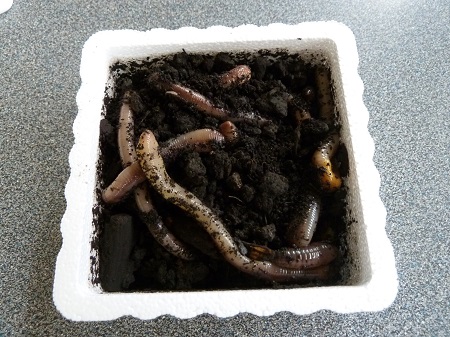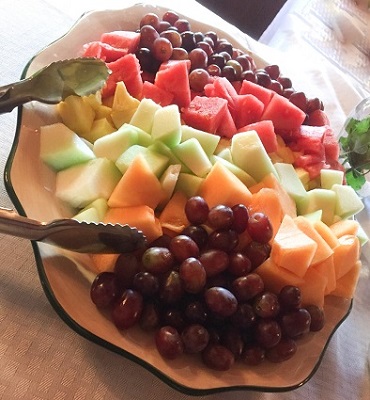Out of the Woods
 A few years ago, my husband was in the hospital, not expected to live. The next day a doctor said he was much better but not out of the woods yet. He meant my husband still had to fight for his life.
A few years ago, my husband was in the hospital, not expected to live. The next day a doctor said he was much better but not out of the woods yet. He meant my husband still had to fight for his life.
Out of the woods means safe and secure.
A person no longer faces immediate danger.
- The worst trouble has passed.
- Known and unknown threats are over.
- The greatest danger is gone.
- Circumstances are no longer critical,
Like exiting a dangerous forest, a person out of the woods feels relief.
The escape frees the person to:
- Relax
- Enjoy better circumstances
- Give thanks for improvement
In addition to health issues, out of the woods applies to:
- Finances
- Relationships
- Work
Whether in the woods or out, everyone chooses how to react.
Life gets hard. People get hurt. When that happens, they decide whether to:
- Complain
- Become a worry wart
- Quit
- Or bloom where they’re planted
Why not make the best of a bad situation? This life will soon pass. Let go and let God make the most of it.
My husband did make it out of the woods and left the hospital a few days later.
“Even the trees of the woods—the fir trees and cedars of Lebanon—sing out this joyous song: ‘Your power is broken; no one will bother us now; at last we have peace’” (Isaiah 14:8 TLB).
Thanks to Ann Knowles for the suggestion.
Do you have an expression you want explained? If so, please comment below.
Subscribe to receive my weekly posts by email and receive a free copy of “Words of Hope for Days that Hurt.”
If you enjoyed this post, please share it with your friends.

 Pudding, or any other food, may look good. It may smell good. Other people may say it tastes good. However, the proof of the pudding is in the eating.
Pudding, or any other food, may look good. It may smell good. Other people may say it tastes good. However, the proof of the pudding is in the eating. Like Kaleb’s puppy, too many times, I have cleaned with a lick and a promise. What about you?
Like Kaleb’s puppy, too many times, I have cleaned with a lick and a promise. What about you? Sometimes we have to give a lick and a promise.
Sometimes we have to give a lick and a promise. When we open a can of worms, we find a tangled mess.
When we open a can of worms, we find a tangled mess. Years ago, Ernest Tubb and Red Foley sang “
Years ago, Ernest Tubb and Red Foley sang “ To get to the top floor of a house, we usually climb stairs. To go over the top of the house requires more work – extreme efforts. Most of us would be foolish to try.
To get to the top floor of a house, we usually climb stairs. To go over the top of the house requires more work – extreme efforts. Most of us would be foolish to try. Dr. Seuss wrote, “With your head full of brains and your shoes full of feet, you’re too smart to go down any not-so-good street.”
Dr. Seuss wrote, “With your head full of brains and your shoes full of feet, you’re too smart to go down any not-so-good street.” Someone asks a question. We don’t know the answer. What do we do? We may say, “You’re guess is as good as mine.”
Someone asks a question. We don’t know the answer. What do we do? We may say, “You’re guess is as good as mine.” Food for thought means something to consider.
Food for thought means something to consider.